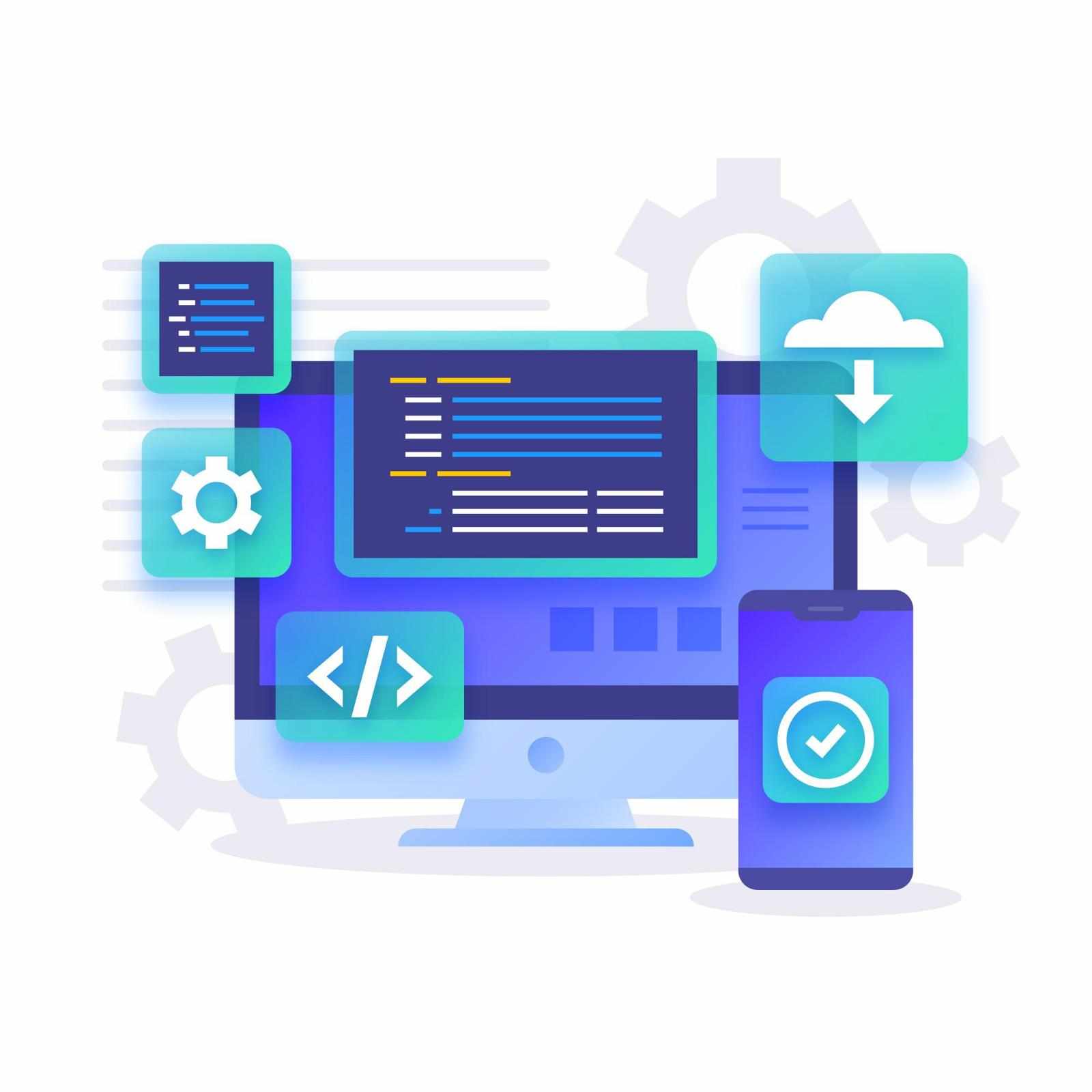
Introduction: Why Predictive Insights Matter Today
In today's fast-moving digital world, predicting outcomes before they happen has become a competitive edge. Whether it’s forecasting customer behavior or optimizing business processes, predictive insights help businesses make informed, data-driven decisions. And at the heart of these systems is the artificial intelligence developer—the person who builds the intelligent models that make prediction possible.
The Role of an Artificial Intelligence Developer
An artificial intelligence developer is responsible for designing, training, and implementing AI systems that learn from data and predict future events or behaviors. These experts work with machine learning algorithms, data modeling tools, and automation frameworks to build predictive engines across industries.
They don’t just code—they apply real-world logic to complex data sets, helping businesses gain insights they can act on. From e-commerce to fintech, AI developers are the backbone of modern predictive systems.
How AI Powers Predictive Insights in Business
Predictive insights rely on vast amounts of historical data. AI tools process this data to identify trends, patterns, and signals that humans might miss. The artificial intelligence developer builds and fine-tunes these models to ensure accuracy and reliability in the predictions.
Predictive AI systems reduce human error and improve speed in decision-making.
For example, in digital marketing, predictive models can suggest the best time to send an email, or which product a user is likely to purchase next.
Artificial Intelligence Developer in Marketing Analytics
Marketing teams use AI to predict customer behavior, segment audiences, and forecast trends. But to make that happen, you need an artificial intelligence developer to build the models that power these predictions.
These developers use LSI keywords like customer journey mapping, campaign automation, and user behavior analytics to create tools that support highly personalized campaigns. The outcome? Better conversions, higher engagement, and improved ROI.
Predictive Modeling in Finance and E-commerce
Finance and e-commerce businesses are increasingly relying on AI for fraud detection, credit scoring, and inventory management. An artificial intelligence developer creates the logic that allows systems to detect anomalies, predict demand, and optimize stock levels.
These AI models track consumer patterns, recognize suspicious transactions, and even suggest pricing changes in real time. Without the right developer, these insights remain buried in raw data.
Tools and Skills Used by Artificial Intelligence Developer
To generate accurate predictive insights, an artificial intelligence developer typically works with tools like:
Python, TensorFlow, Scikit-learn, and PyTorch
They also know how to handle big data, train models, and deploy them in scalable environments using cloud platforms like AWS or Azure. More importantly, they align their work with real business goals—not just technical requirements.
Real-World Impact of AI-Powered Predictions
Let’s take a real example. Amazon’s recommendation engine is a form of predictive insight built by a team that includes AI developers. It accounts for nearly 35% of total sales, according to industry reports. That’s how powerful predictive models can be.
Another example is in healthcare, where AI is used to predict patient deterioration. The work of an artificial intelligence developer can directly impact lives and efficiency across sectors.
Hiring the Right Artificial Intelligence Developer
Businesses often struggle to translate data into insights. That’s where hiring a skilled artificial intelligence developer becomes crucial. The right hire can turn unused data into predictions that guide your next move.
Whether you're a startup or an enterprise, building an AI-powered future starts with the right talent. Look for someone with hands-on experience in predictive modeling, cloud integration, and problem-solving.
Future of Predictive AI: What's Next?
As AI continues to evolve, predictive systems will become more accurate, context-aware, and automated. This opens up opportunities across sectors—from smarter customer service to proactive maintenance in manufacturing.
An artificial intelligence developer will remain essential in this journey, ensuring that businesses not only use AI but use it well.





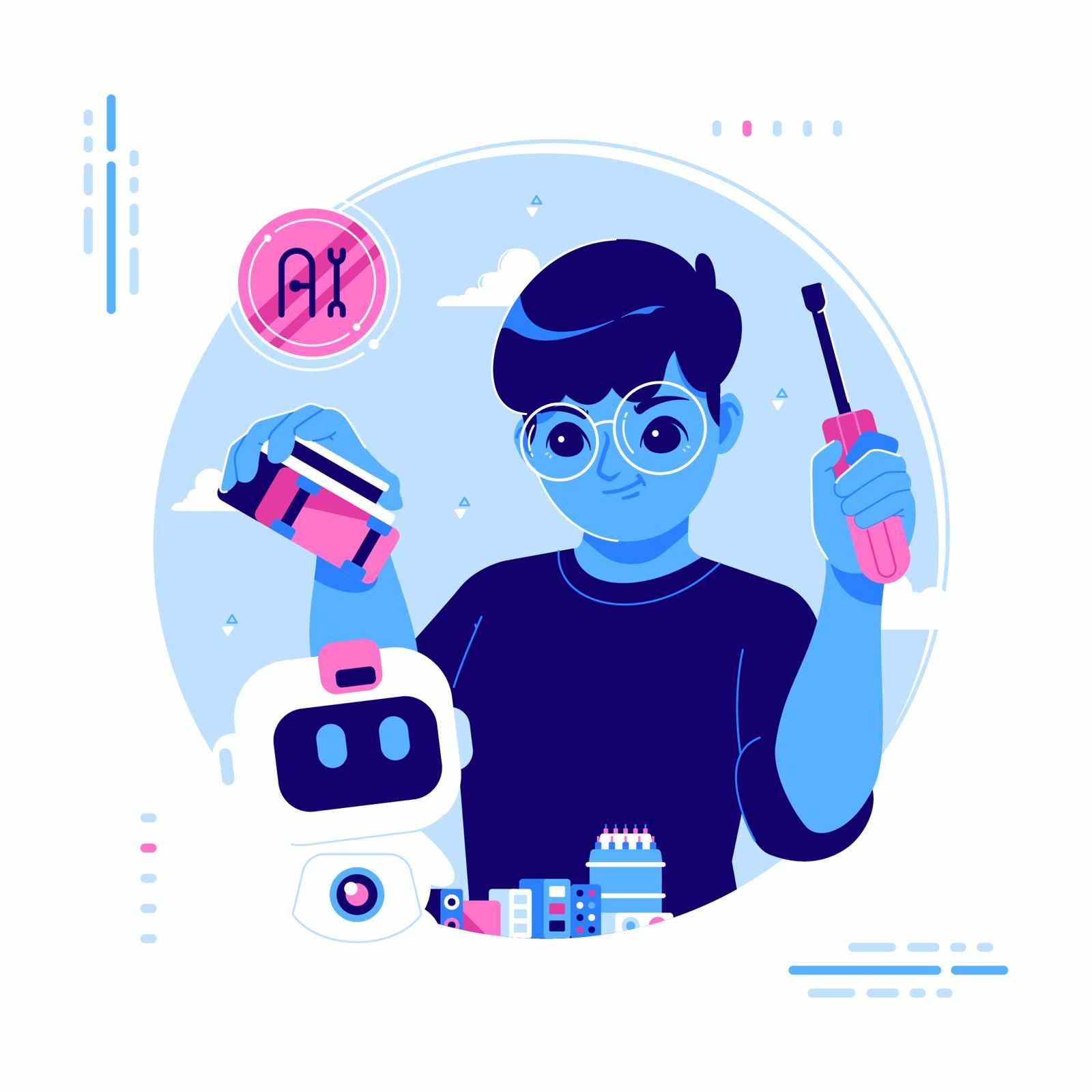
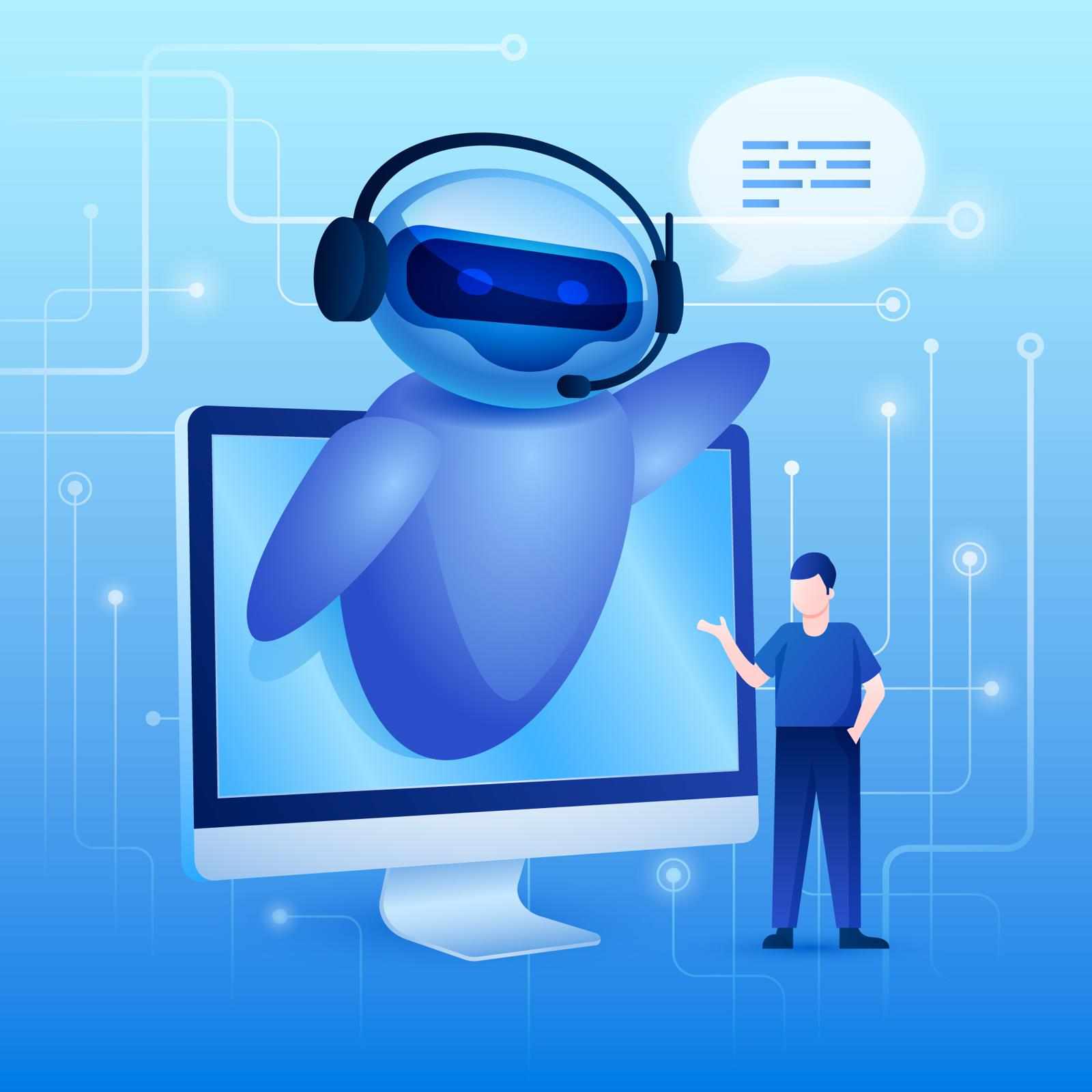


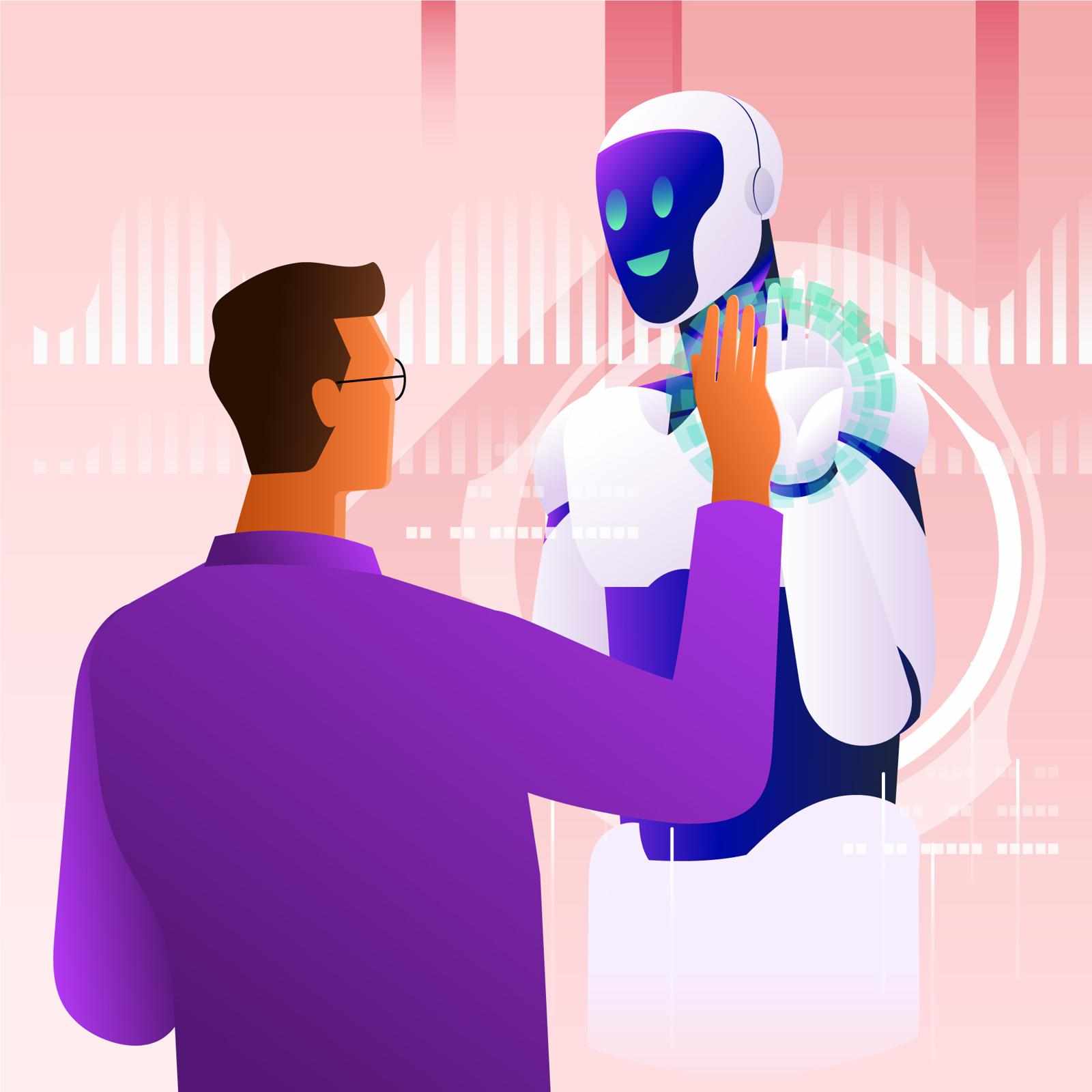



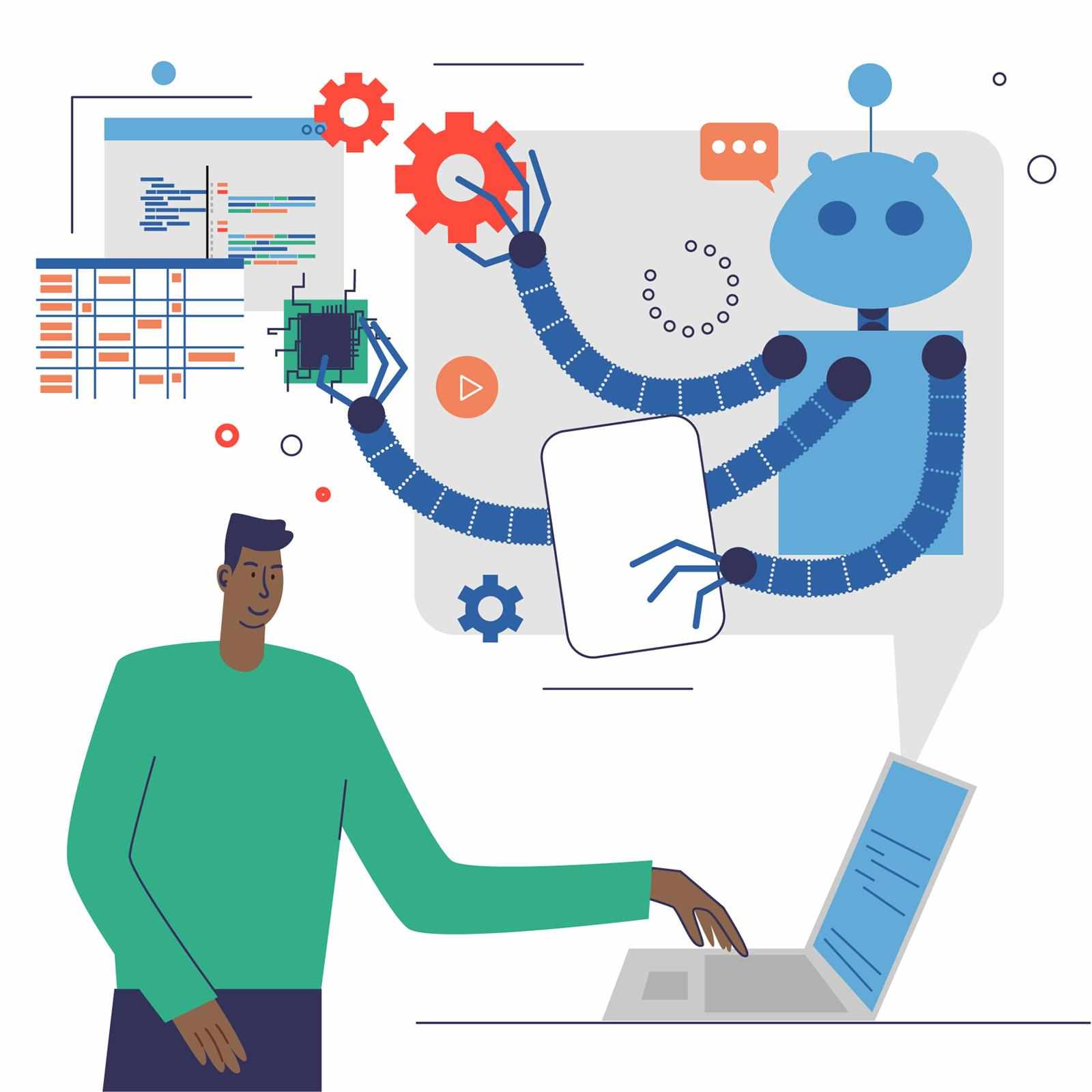
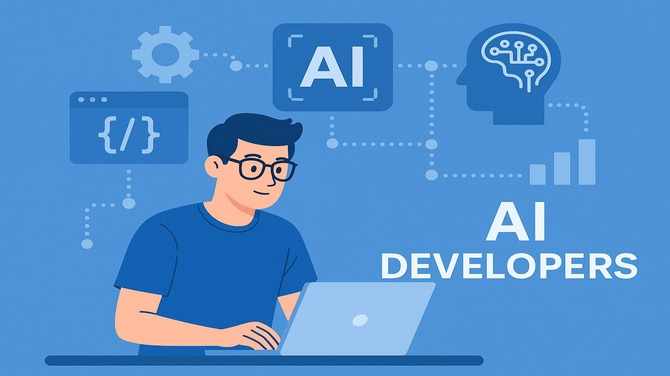
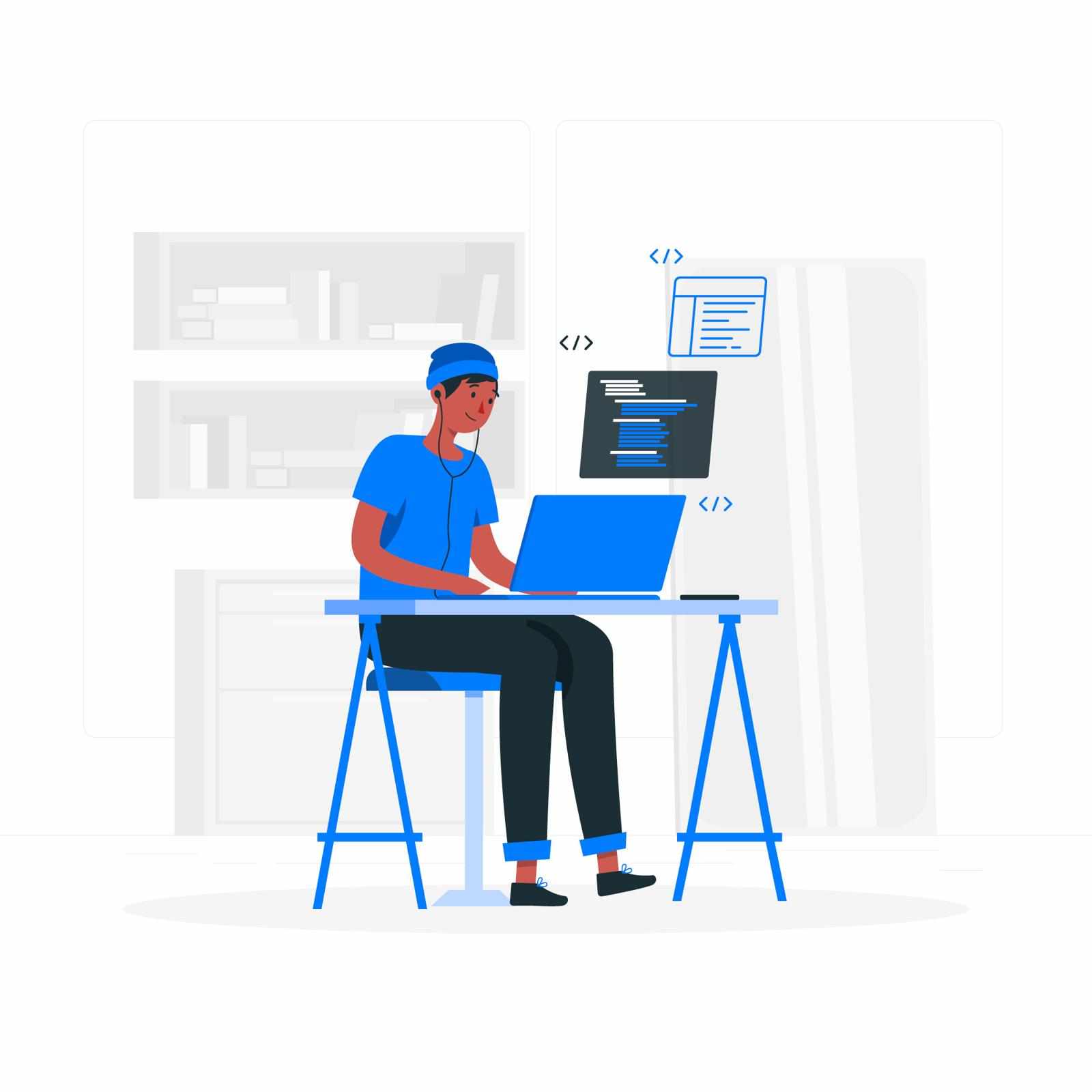
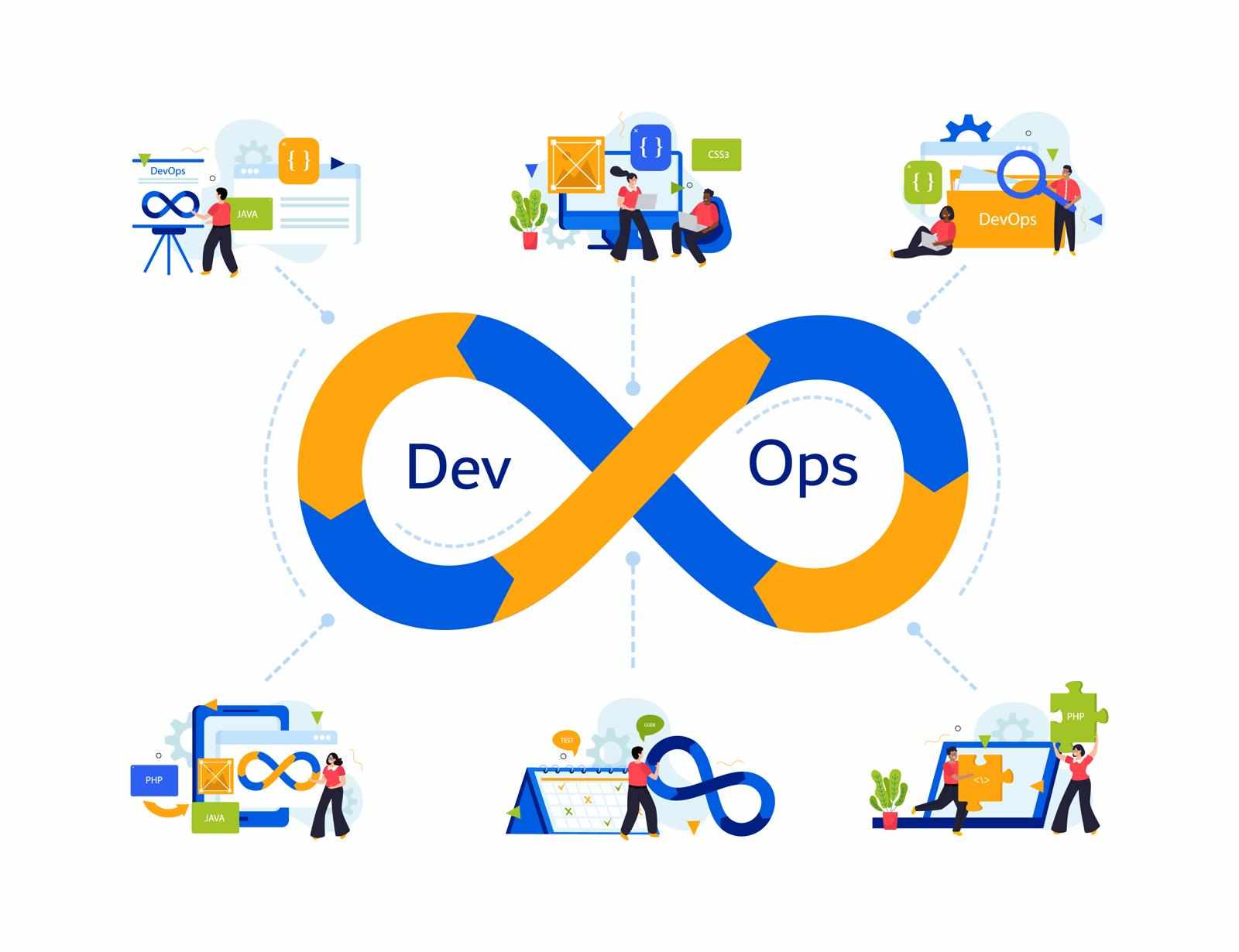
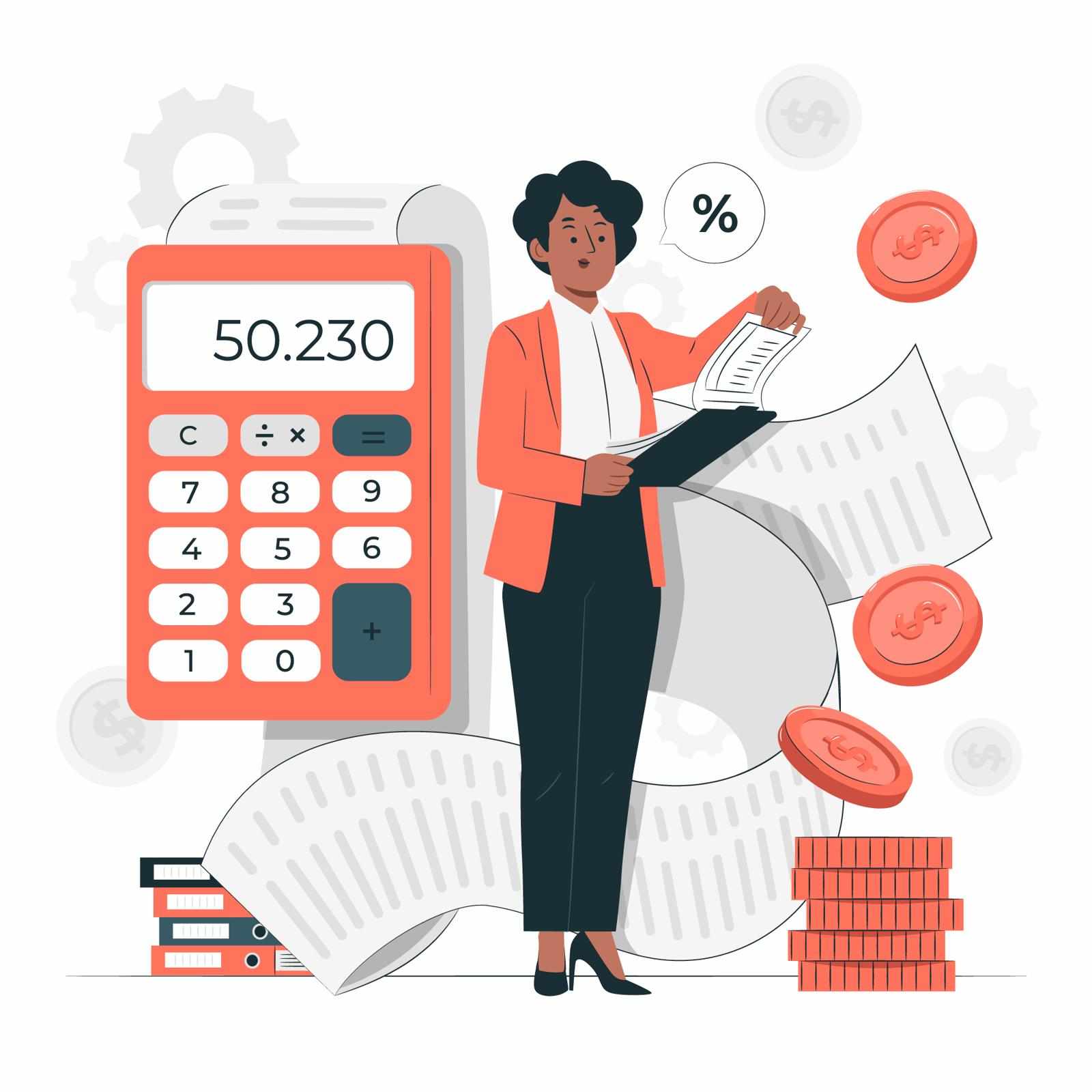


Write a comment ...